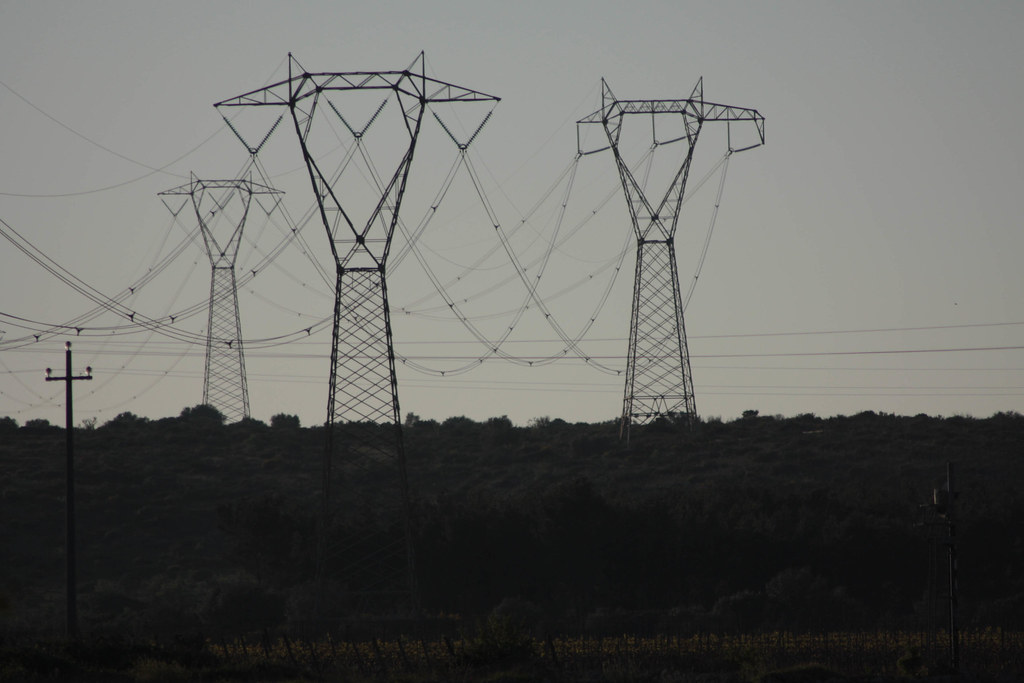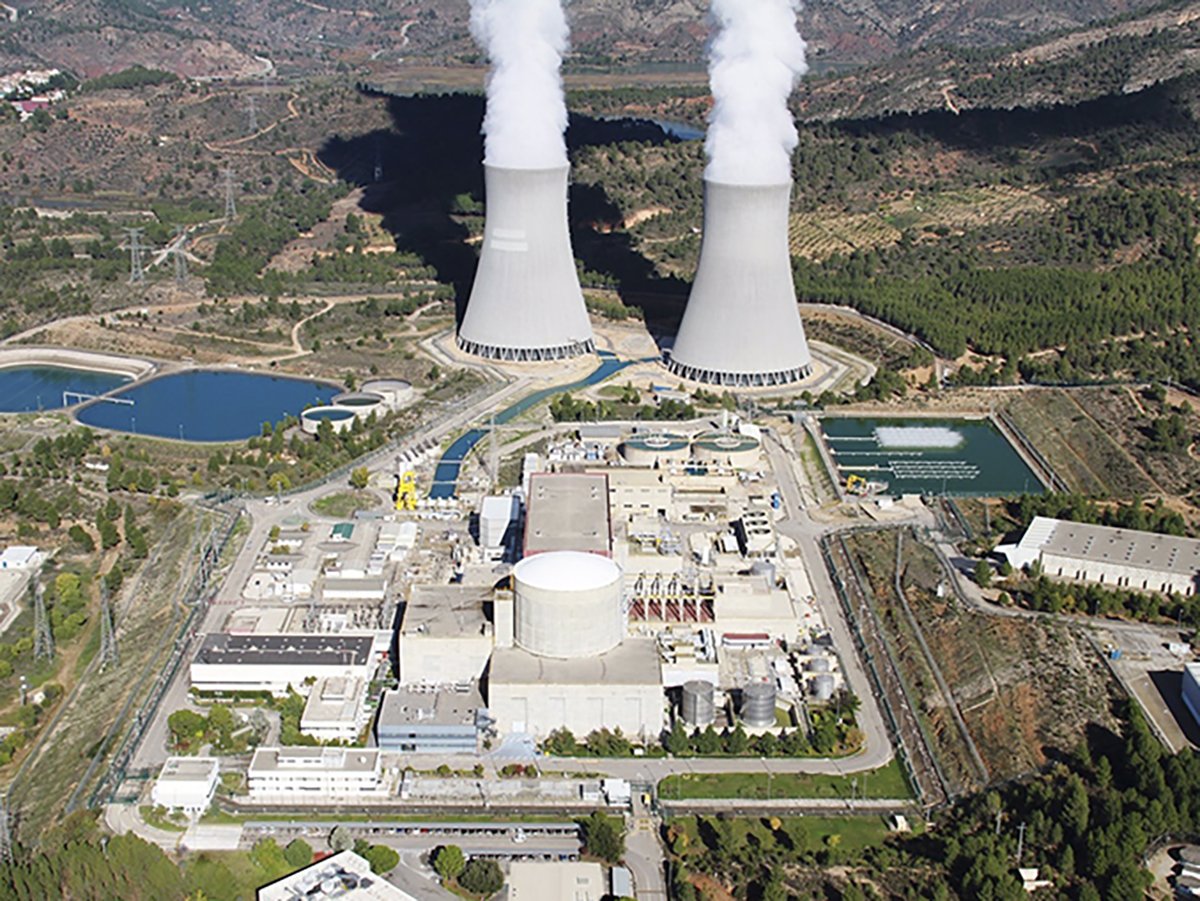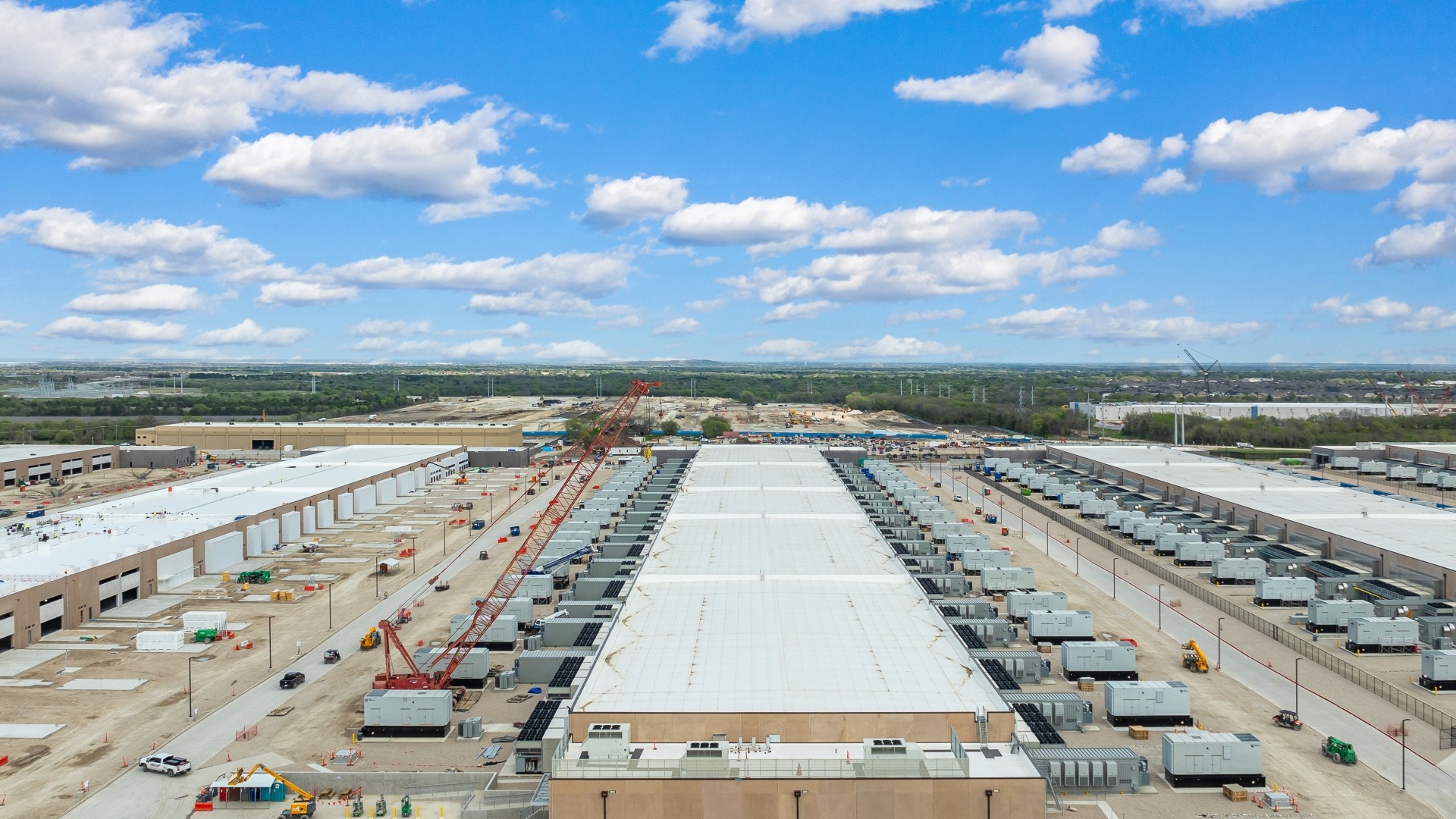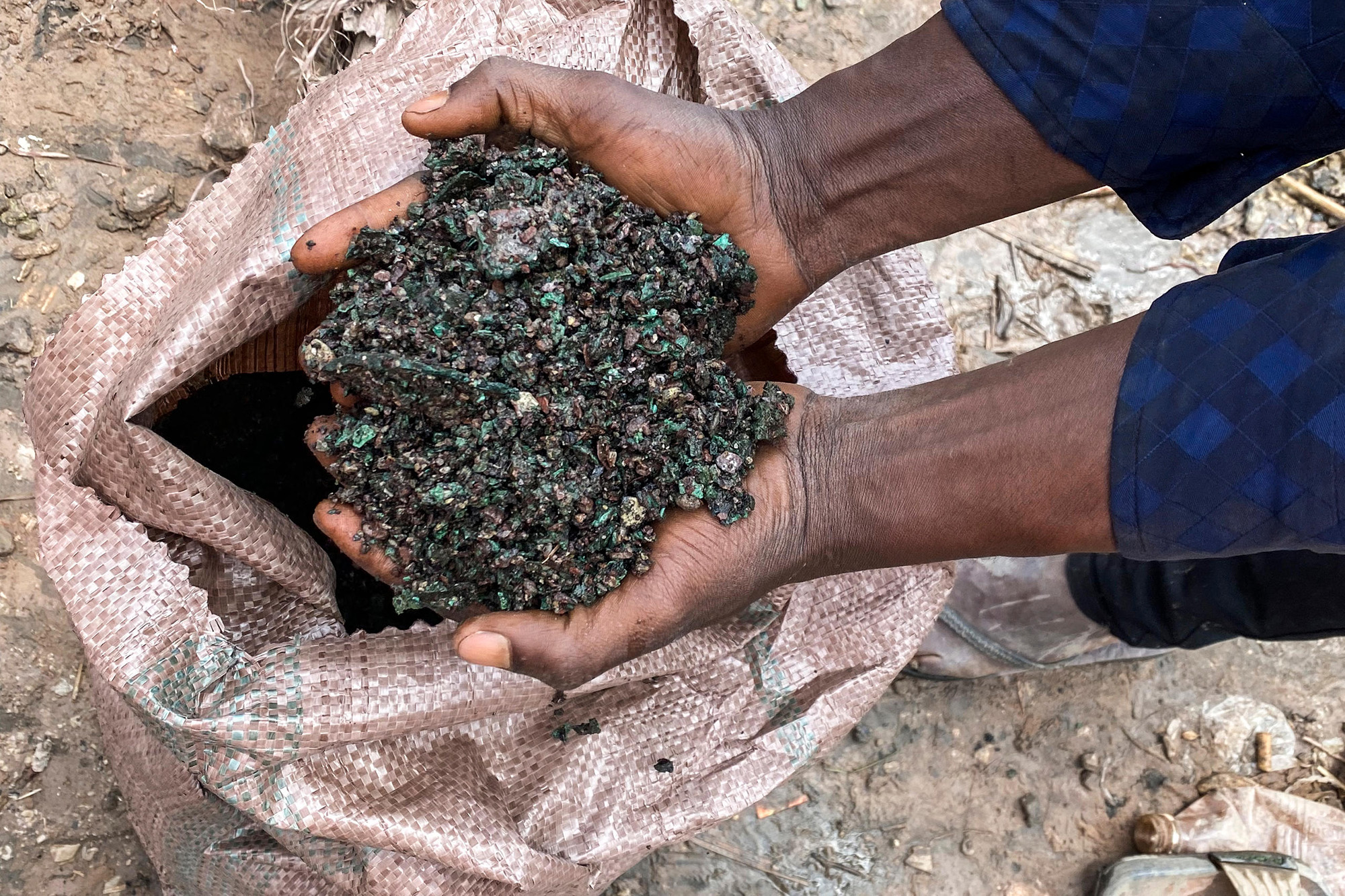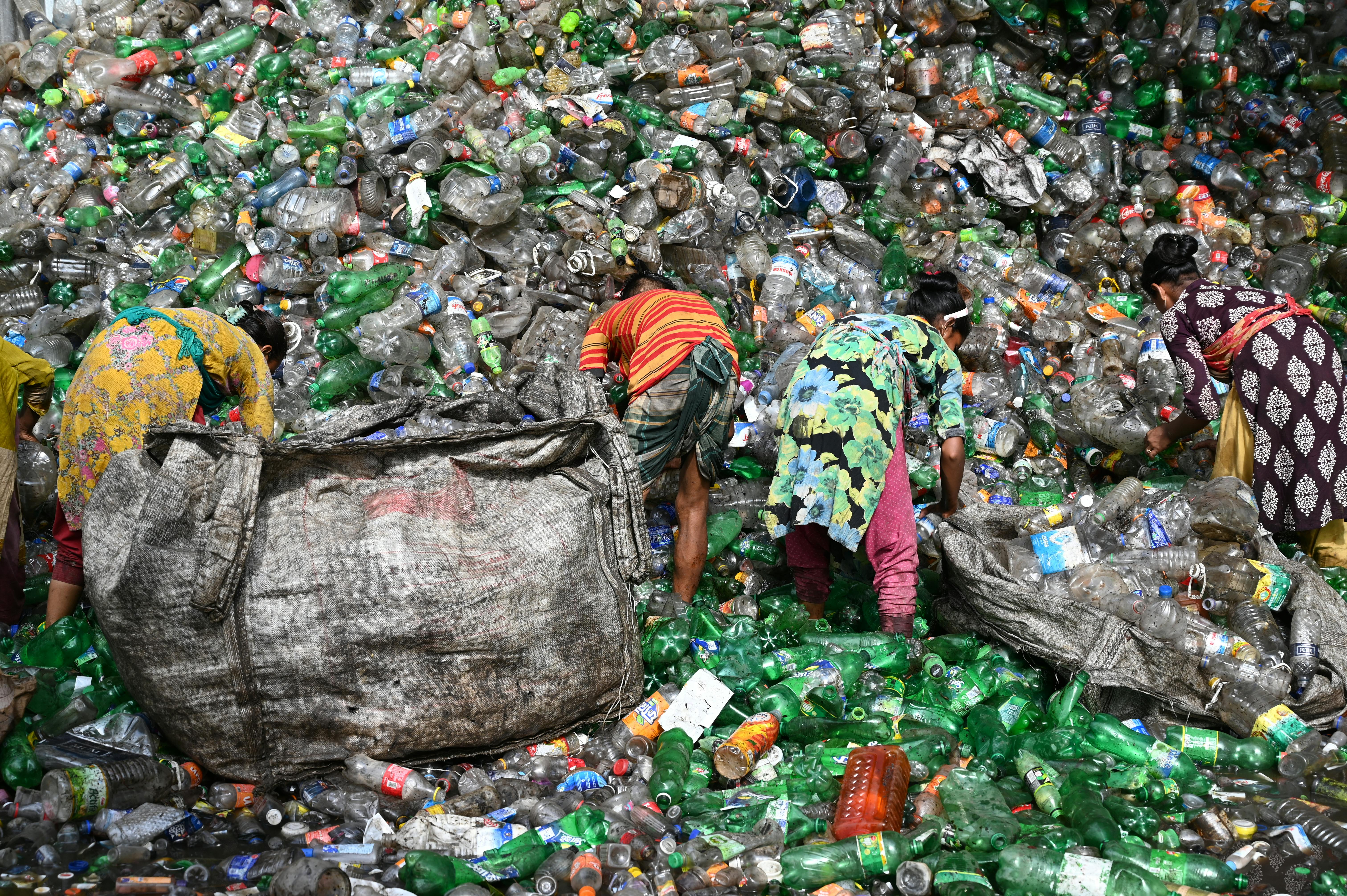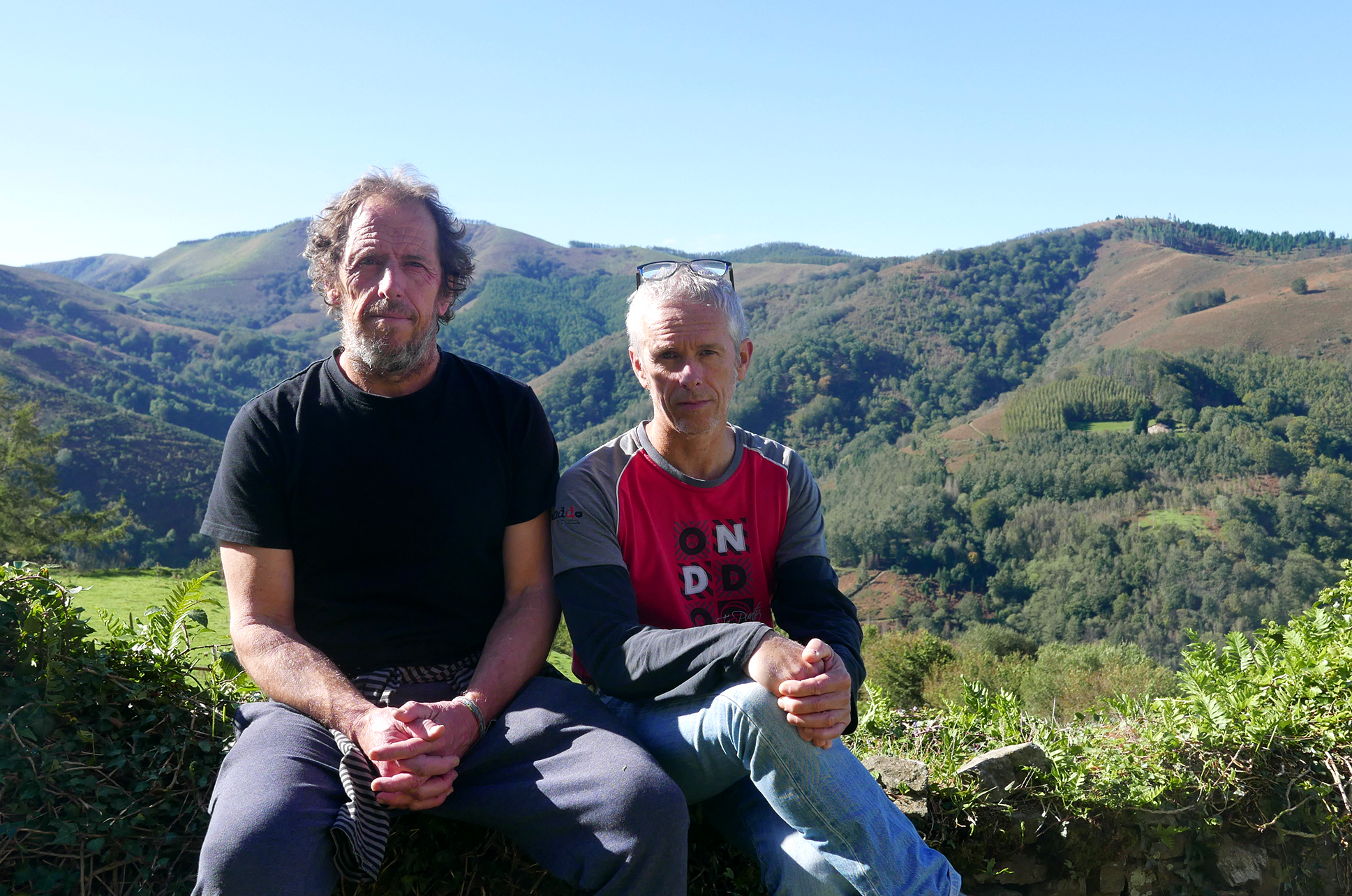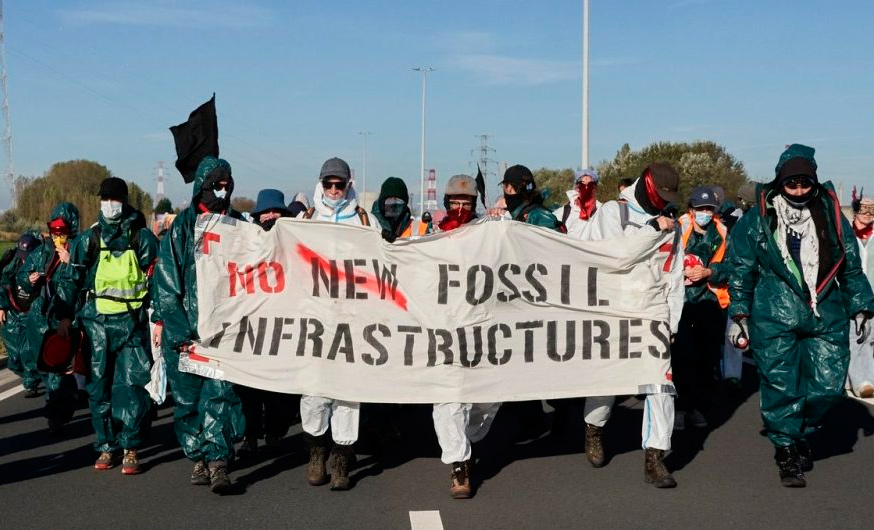Russian gas returns to Europe via TurkStream
- Slovakia has announced that it will continue to receive Russian gas after the flow in Ukraine has ceased, and Transnistria has refused European "aid".
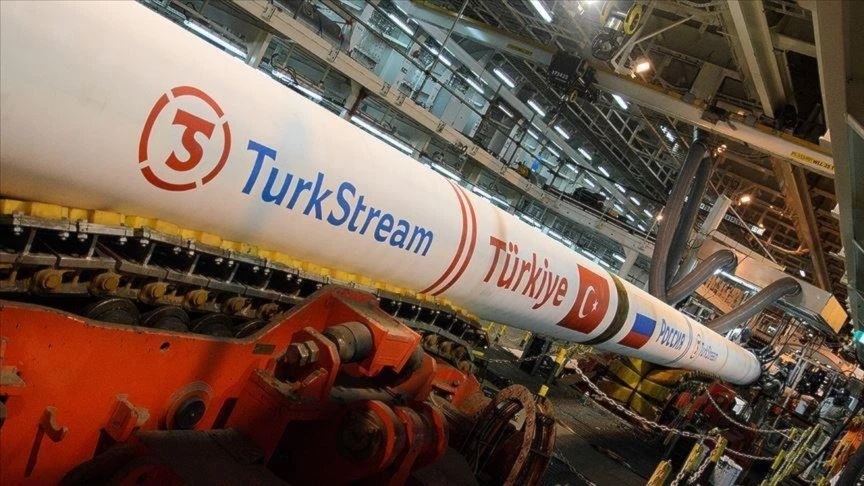
After the interruption of the gas flow in Ukraine last month, the supply of Russian gas in Europe will be restored by another route: Through the TurkStream pipeline, as reported by Europa Press. The Slovak state energy supply company, SPP, explains that the country will continue to receive Russian gas, but this time it will be through the alternative route that connects Russia and Europe through Turkey, avoiding the transit of Ukraine. This is a consequence of Ukraine ' s decision not to renew transit agreements and has created tensions between the two countries.
On the other hand, the autonomous region of Transnistria in Moldova has renounced the "aid" offered by Europe for the import of US gas. Instead of choosing liquefied gas (LNG) from the US, make another choice: The supply to Transnistria will be managed by the Hungarian company MET Gas and Energy Marketing AG, which will be responsible for transporting the gas to the border with Moldova. From there, the capital, Tiraspol, will bear the cost of transporting the supply to its territory. This strategy highlights tensions and resistance to the energy geopolitics of the European Union, which wants to replace Russian gas with US LNG.
In a broader context, competition in the European gas market has created major discrepancies between NATO countries. Hungary, which receives a significant amount of gas through the Turkish Southstream, has expressed its opposition to Ukraine's entry into the European Union, arguing that the safety of supply routes, such as the Ruska station in Ukraine, should be protected. Hungary's position is due to the growing disagreement in Europe on how to manage the energy supply, especially in relation to the dependence on US liquefied natural gas.
Despite the efforts of the United States to increase its participation in the European energy market and to marginalize Russia, Moscow continues to play an important role. Among Europe’s suppliers of liquefied natural gas, Russia was second in the first half of 2024, after the United States. Despite sanctions and tensions, Russian LNG exports have increased, and the main destination for these exports is the European Union.
Energiaren Nazioarteko Agentziak (IEA) astelehenean argitaratutako txostenaren arabera, %2,2 igo da energia eskaria 2024an aurreko urtearekin alderatuta, besteak beste, egiturazko arrazoi hauengatik: beroari aurre egiteko argindar gehiago erabili beharra, industriaren kontsumoa... [+]
Eusko Jaurlaritzak eta Arabako Foru Aldundiak Datu Zentroen instalazioei ateak irekitzen dizkiete horiek arautzeko legedia sortu aurretik. Bilbao-Arasur Dantu Zentroarekin, bere lehen fasea gauzatuta, eta instalatzea amesten duen Solariaren Datu Zentroarekin, 110.000 m2... [+]
Espainiako Estatuko zentral nuklearrak itxi ez daitezen aktoreen presioak gora jarraitzen du. Otsailaren 12an Espainiako Kongresuak itxi beharreko zentral nuklearrak ez ixteko eskatu zion Espainiako Gobernuari, eta orain berdin egin dute Endesak eta Iberdrolak.
The Centre Tricontinental has described the historical resistance of the Congolese in the dossier The Congolese Fight for Their Own Wealth (the Congolese people struggle for their wealth) (July 2024, No. 77). During the colonialism, the panic among the peasants by the Force... [+]
The update of the Navarra Energy Plan goes unnoticed. The Government of Navarre made this public and, at the end of the period for the submission of claims, no government official has explained to us what their proposals are to the citizens.
The reading of the documentation... [+]
Environmental activist Mikel Álvarez has produced an exhaustive critical report on the wind macro-power plants that Repsol and Endesa intend to build in the vicinity of Arano and Hernani of the region. In his opinion, this is "the largest infrastructure of this kind that is... [+]









